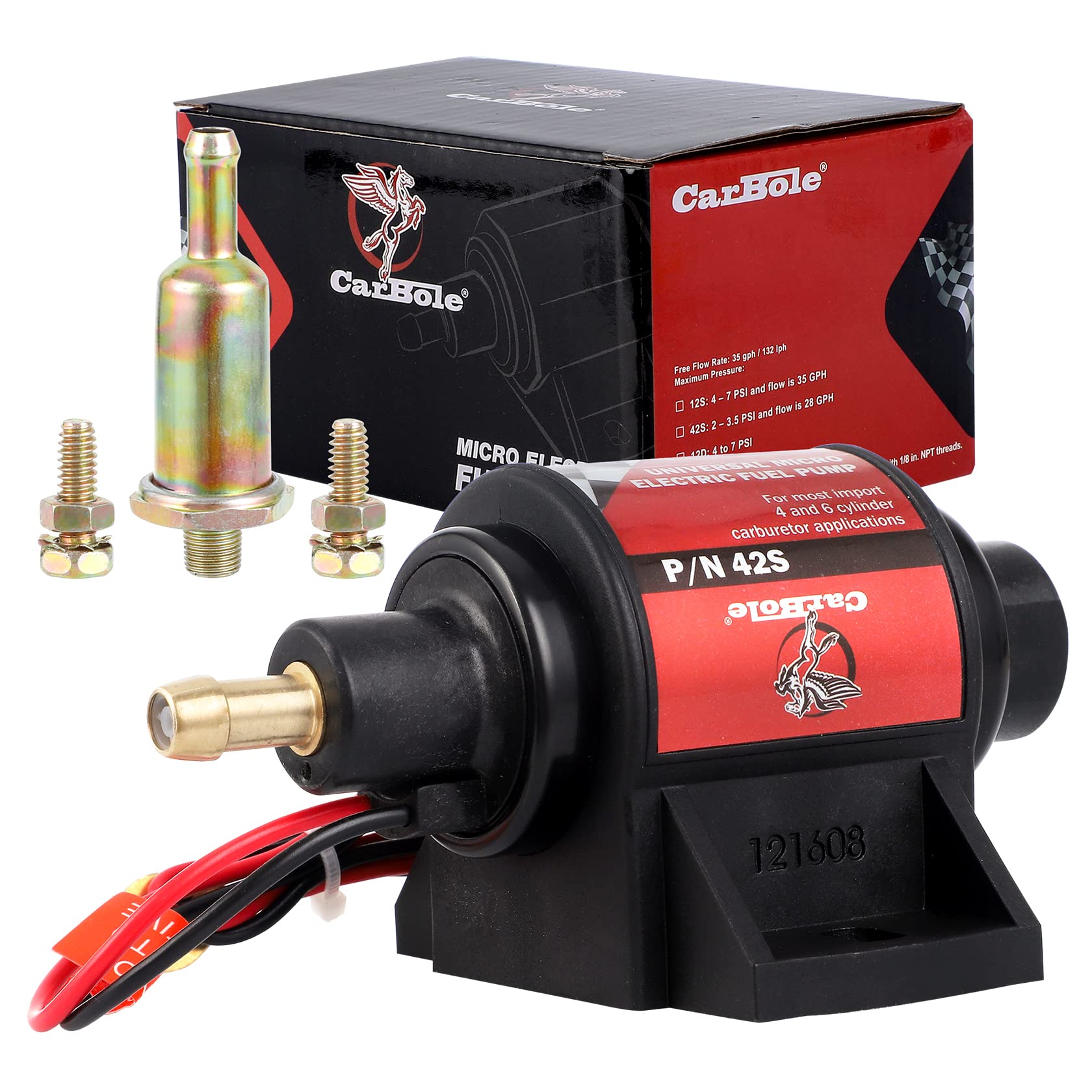Unveiling the Inner Workings: Exploring the Mechanics Behind Fuel Pumps
In the realm of automotive engineering, fuel pumps play a crucial role in ensuring the efficient delivery of fuel to the engine. Among the various types of fuel pumps, the mechanical fuel pump stands out as a reliable and time-tested solution. In this blog post, we will delve into the intricate mechanisms that drive a mechanical fuel pump, uncovering the factors that make it an indispensable component in the automotive industry.
- Understanding the Basics:
To comprehend what moves a mechanical fuel pump, we must first grasp its fundamental principles. Unlike its electronic counterparts, a mechanical fuel pump relies on mechanical motion to deliver fuel from the tank to the engine. It operates through a series of interconnected components, each playing a vital role in the overall functionality. - The Heart of the System: Camshaft Driven Design:
At the core of a mechanical fuel pump lies its camshaft-driven design. This design utilizes the rotational motion of the engine's camshaft to actuate the pump's diaphragm or piston. As the camshaft rotates, it engages with a lever arm or eccentric lobe, creating a reciprocating motion that drives the fuel pump. - Leveraging the Power of Vacuum:
One of the key elements in a mechanical fuel pump's operation is the utilization of vacuum pressure. As the pump's diaphragm or piston moves, it creates a vacuum within the pump chamber. This vacuum draws fuel from the tank, allowing it to flow through the pump and into the engine. The vacuum pressure also helps regulate the fuel flow rate, ensuring a consistent supply to the engine. - Maintaining Optimal Fuel Pressure:
Another critical aspect of a mechanical fuel pump is its ability to maintain optimal fuel pressure. This is achieved through the integration of a pressure relief valve within the pump assembly. The pressure relief valve acts as a safety mechanism, preventing excessive fuel pressure from damaging the fuel lines or the engine. It ensures a balanced and controlled fuel delivery, promoting efficient combustion and engine performance. - Advantages and Limitations:
While mechanical fuel pumps offer several advantages, such as simplicity, reliability, and cost-effectiveness, they do have certain limitations. One limitation is their inability to provide precise fuel pressure control, especially in high-performance applications. Additionally, mechanical fuel pumps may be prone to wear and require periodic maintenance to ensure optimal performance.
Conclusion:
In conclusion, understanding what moves a mechanical fuel pump involves exploring its intricate design, the utilization of vacuum pressure, and the maintenance of optimal fuel pressure. By comprehending these key aspects, we gain insight into the vital role that mechanical fuel pumps play in the automotive industry. Their reliability, simplicity, and ability to deliver fuel efficiently make them an indispensable component in the world of engines and automobiles.

Post Comment